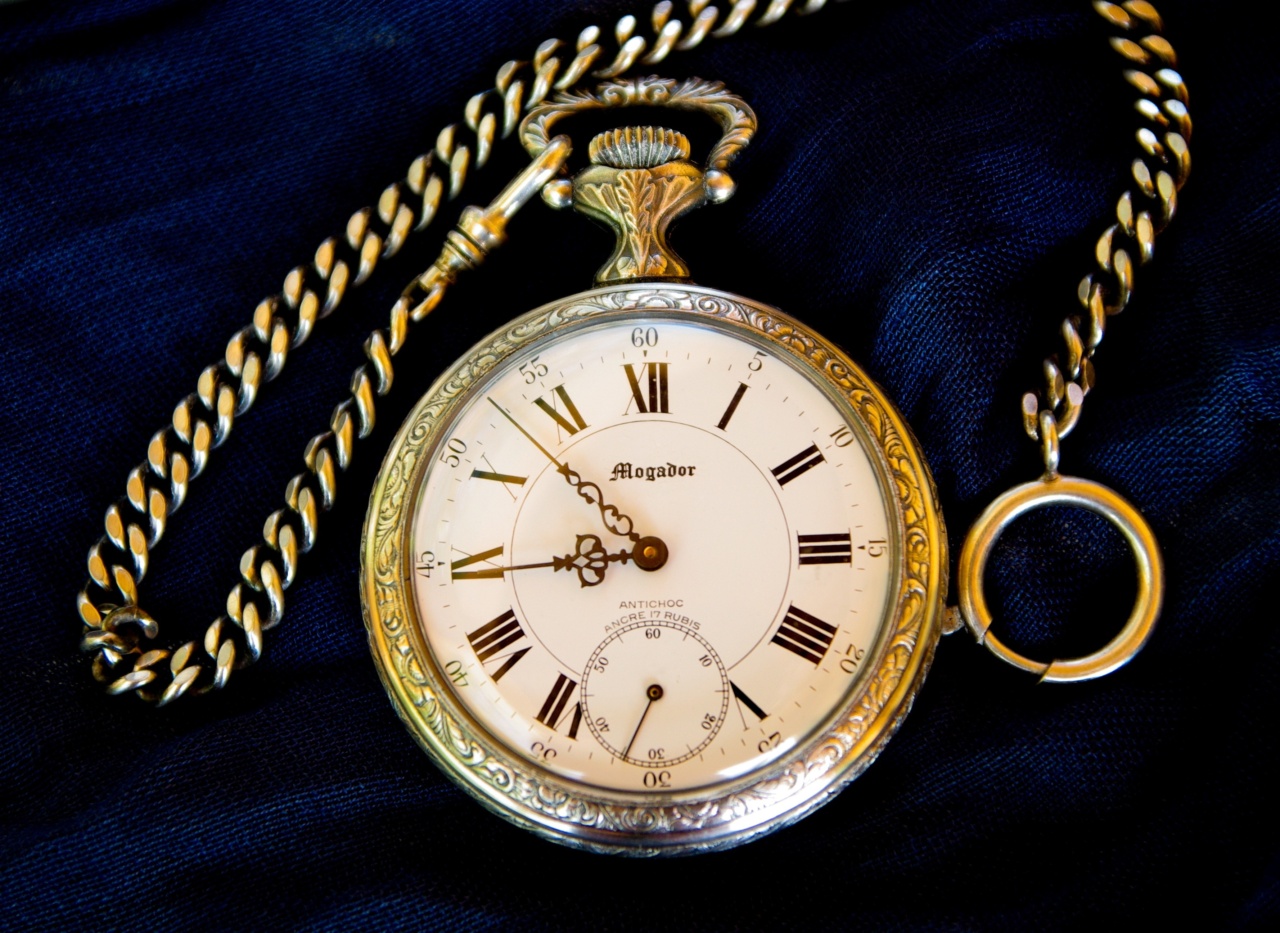Hypertension, also known as high blood pressure, is a condition that affects millions of people worldwide. It occurs when the force of blood against the walls of arteries is too high, leading to various health problems.
There are different factors that can contribute to hypertension, such as genetics, age, and lifestyle habits. In this article, we will explore how your bedtime habits may be linked to hypertension and what you can do to lower your risk.
What is Hypertension?
Before we delve into the connection between hypertension and bedtime habits, let’s first define what hypertension is.
The American Heart Association defines hypertension as a systolic blood pressure of 130 mm Hg or higher, or a diastolic blood pressure of 80 mm Hg or higher. Systolic blood pressure is the top number in a blood pressure reading and measures the force when the heart beats, while diastolic blood pressure is the bottom number and measures the force between heartbeats.
If left uncontrolled, hypertension can lead to serious health problems such as stroke, heart attack, and kidney disease. It’s crucial to monitor your blood pressure regularly and adopt lifestyle changes to lower it if it’s high.
The Link Between Bedtime Habits and Hypertension
Recent studies have shown that there may be a correlation between bedtime habits and high blood pressure. Here are some common bedtime habits that may be linked to hypertension:.
1. Not Getting Enough Sleep
Several studies have shown that lack of sleep can lead to increased blood pressure levels. When you don’t get enough sleep, your body is in a constant state of stress, which can cause your blood pressure to rise.
According to the National Sleep Foundation, adults should aim for 7-9 hours of sleep per night to maintain their health.
2. Sleeping Too Much
While not getting enough sleep can lead to hypertension, sleeping too much may also have a similar effect.
According to a study published in the Journal of the American Heart Association, sleeping for more than 9 hours per night was associated with an increased risk of hypertension. The researchers suggest that oversleeping may disrupt the body’s natural circadian rhythm, leading to higher blood pressure levels.
3. Using Electronic Devices Before Bed
Using electronic devices such as smartphones, tablets, and laptops before bed can interfere with your sleep quality. The blue light emitted by these devices can suppress the production of melatonin, a hormone that regulates sleep.
This can lead to difficulty falling asleep and staying asleep, which can have a negative impact on your blood pressure. To improve your sleep quality, it’s recommended to avoid using electronic devices for at least an hour before bedtime.
4. Eating Late at Night
Consuming a heavy meal late at night can put extra stress on your body, which can cause your blood pressure to rise. Additionally, late-night eating can disrupt your circadian rhythm, which can affect your sleep quality.
If you’re prone to late-night snacking, try to eat lighter meals earlier in the evening and avoid eating at least 2-3 hours before bedtime.
5. Consuming Caffeine or Alcohol Before Bed
Caffeine and alcohol are two substances that can have a negative impact on your sleep quality.
Caffeine is a stimulant that can interfere with your ability to fall asleep and stay asleep, while alcohol can disrupt your REM sleep and lead to more frequent awakenings. Consuming these substances before bed can also cause your blood pressure to rise, which can have long-term health consequences.
How to Improve Your Bedtime Habits
If you’re concerned about your blood pressure levels, improving your bedtime habits can be a good place to start. Here are some tips to help you sleep better and lower your risk of hypertension:.
1. Stick to a Consistent Sleep Schedule
Going to bed and waking up at the same time every day can help regulate your body’s internal clock and improve your sleep quality.
Try to maintain a consistent sleep schedule even on weekends and holidays to avoid disrupting your circadian rhythm.
2. Create a Relaxing Bedtime Routine
Establishing a relaxing bedtime routine can help signal to your body that it’s time to wind down and prepare for sleep. You might consider taking a warm bath, reading a book, or doing some gentle stretches before bed to help you relax.
3. Make Your Bedroom Sleep-Friendly
Creating a sleep-friendly environment can help improve your sleep quality and lower your risk of hypertension. Make sure your bedroom is cool, dark, and quiet, and invest in a comfortable mattress and pillows to promote healthy sleep posture.
4. Avoid Electronic Devices Before Bed
As mentioned earlier, electronic devices can interfere with your sleep quality. To avoid this, try to avoid using electronic devices for at least an hour before bedtime.
If you must use your phone or computer before bed, consider using a blue light filter or wearing blue light-blocking glasses to protect your eyes.
5. Limit Caffeine and Alcohol Consumption
To lower your risk of hypertension, it’s important to limit your caffeine and alcohol consumption, especially before bed.
Try to avoid consuming these substances late in the day to avoid disrupting your sleep quality and increasing your blood pressure levels.
The Bottom Line
While genetics and other factors play a role in the development of hypertension, your bedtime habits may also have an impact on your blood pressure levels.
By improving your sleep hygiene and adopting healthy bedtime habits, you can lower your risk of hypertension and improve your overall health and well-being.





























